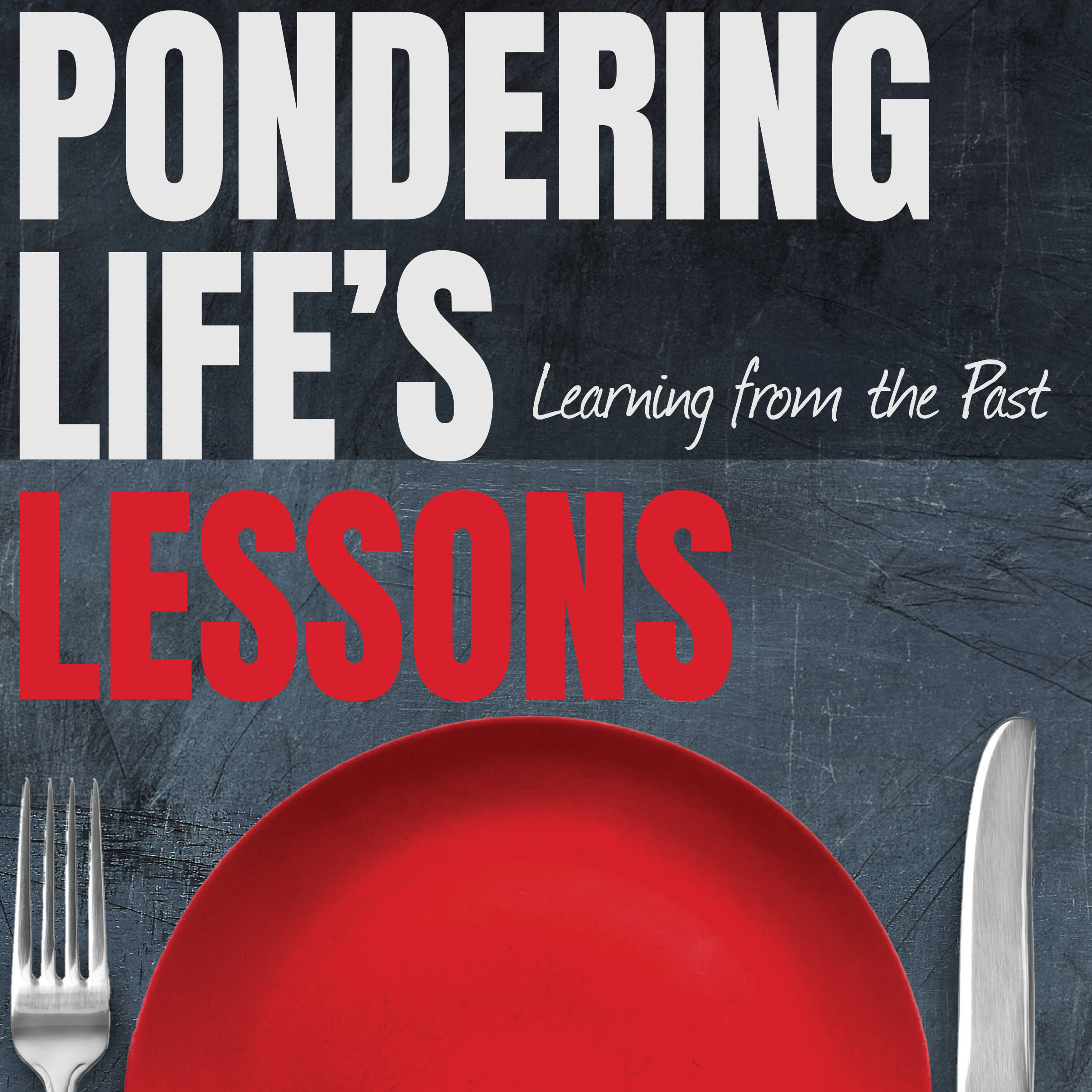I’d heard the word but never really thought seriously about it until Ruth died. I didn’t understand how you came to be affected by such a demon, and now I am. It just crept up. I didn’t know I had it, until I did. It’s not like getting a cold or the flu. If there were symptoms, I didn’t recognize them. They just appeared out of nowhere.
 Sure, I’ve been anxious over the years. My first recollection was when I went to junior high school as a seventh grader. Junior high was the blending of students from several different elementary schools. The first day of every class began the same. The teacher called the roll. Each name was rambled off in alphabetical order. Some were mispronounced and some sounded funny to the assembled students. Jim Polman became Polecat. Tebo became Tebone or Tebone steak. I hated that first day and the first day of my eighth and ninth grade years. By the time my sophomore year rolled around the novelty subsided.
Sure, I’ve been anxious over the years. My first recollection was when I went to junior high school as a seventh grader. Junior high was the blending of students from several different elementary schools. The first day of every class began the same. The teacher called the roll. Each name was rambled off in alphabetical order. Some were mispronounced and some sounded funny to the assembled students. Jim Polman became Polecat. Tebo became Tebone or Tebone steak. I hated that first day and the first day of my eighth and ninth grade years. By the time my sophomore year rolled around the novelty subsided.
I felt anxious when I asked a girl out on a date for the first time. I’d practice what I’d say and how I’d say it. There was always a sense of relief after the ask. I never had a girl turn me down, but there were several I didn’t ask because of the fear they would. They were opportunities lost.
Sheri Z sat in front of me in my senior year history of religion class. We spoke every day and I thought she was too cute to go out with me, so I never asked. Heck, she dated guys in college, and I couldn’t compete with that. The fear of getting a “no” was more than I could handle.
She asked if we could exchange “senior pictures” on the last day of class. Such an exchange included writing something on the back of the picture. Most exchanges included notes like: “Good luck at Western!”, “May all your dreams come true.”, or “I wish you nothing but the best wherever life may take you.” Sheri wrote, “I wish you would have asked me out.” I never saw her again after that last day of school. Opportunity lost.
Common anxiety signs and symptoms include:
- Feeling nervous, restless or tense
- Having a sense of impending danger, panic or doom
- Having an increased heart rate
- Breathing rapidly (hyperventilation)
- Sweating
- Trembling
- Feeling weak or tired
- Trouble concentrating or thinking about anything other than the present worry
- Having trouble sleeping
- Experiencing gastrointestinal (GI) problems
- Having difficulty controlling worry
- Having the urge to avoid things that trigger anxiety.
I’ve highlighted the ones I’ve experienced since September 27th. I shared my symptoms with my doctor during my annual wellness visit. He offered to write a prescription, but I declined. I don’t take any medications on a regular basis, and I’m not interested in starting now.
I’ve had two meetings with a shrink. She’s not really a shrink, but rather, a licensed clinical social worker like my daughter, Elizabeth. During our first session she told me she had two questions. 1) She knew my wife had died, so she wanted to know if I could tell her what happened. 2) She wanted to know what I hoped to gain from our time together.
Once I began, I verbal vomited for an hour straight. I had lots to say, and a willing listener. I shared a multitude of thoughts and spoke briefly about being anxious. I described my feelings, and she told me it was normal, particularly so after experiencing such a loss. That didn’t make me feel any better, but at least I knew I was normal. I’ll take normal even if it feels broken. She also told me there’s no timeline for feeling less anxious.
I’ve learned anxiety and grief are emotional buddies. They hang out together and tend to travel as a pair. When one shows up, the other is close by. I don’t care for either one, but we’re learning to live together. One day at a time they say. Most days are good. The challenge comes most often when I see, or speak, with an old friend for the first time. I’m often asked what happened and the retelling is a challenge. It’s funny though, when I’m done, I feel better. It’s like I’ve unloaded a bit of my burden. Writing helps too. I unload a bit more and sort things out.
When people ask how I’m doing, my reply is simple. “I’m doing the best I can today.” That’s all I can do.
TBC

